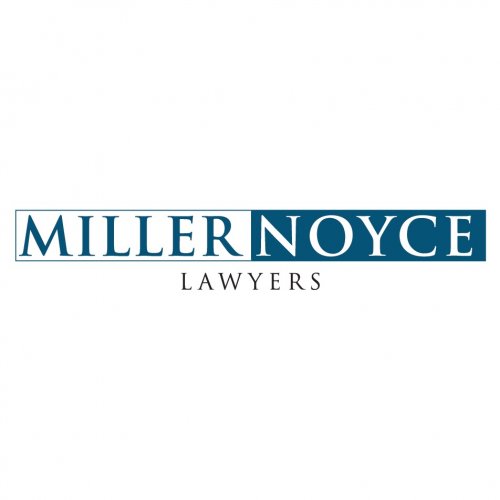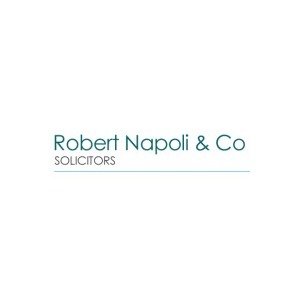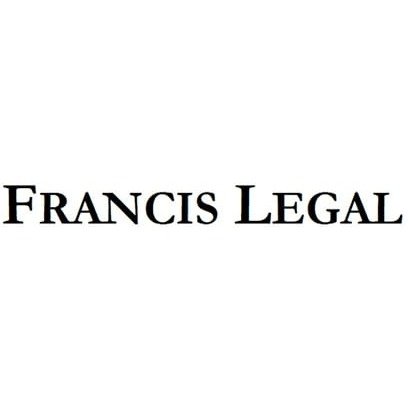Best Ethics and Professional Responsibility Lawyers in Hornsby
Share your needs with us, get contacted by law firms.
Free. Takes 2 min.
List of the best lawyers in Hornsby, Australia
About Ethics and Professional Responsibility Law in Hornsby, Australia
Ethics and Professional Responsibility law in Hornsby, a bustling suburb in Sydney, Australia, covers the standards and practices that professionals must adhere to in their respective fields. These regulations aim to ensure that professionals conduct themselves with integrity, competence, and accountability. Whether you are a lawyer, doctor, accountant, or in another line of work, understanding your ethical obligations is crucial to maintaining public trust and avoiding legal issues.
Why You May Need a Lawyer
There are several situations where you may require legal assistance in Ethics and Professional Responsibility:
- Professional Misconduct Allegations: When facing accusations of unethical behavior or misconduct, a lawyer can provide defense and guidance on navigating these complex issues.
- Licensing and Accreditation Issues: While seeking licensing or accreditation, you might face legal hurdles or challenges that require professional legal counsel.
- Understanding Obligations: A lawyer can help clarify your professional responsibilities, ensuring you comply with the standards set by regulatory bodies.
- Contractual Disputes: Legal assistance is often necessary when interpreting or disputing contracts that involve ethical considerations.
- Whistleblower Protection: Lawyers can provide advice and protection if you are reporting unethical practices within an organization.
Local Laws Overview
In Hornsby, ethics and professional responsibility are governed by a combination of federal, state, and local regulations that apply broadly across various professions. Key aspects include:
- Regulatory Bodies: Organizations like the Law Society of New South Wales oversee legal professionals’ conduct, ensuring adherence to ethical standards.
- Code of Conduct: Industries often have Codes of Conduct outlining expected behaviors, especially for members of professional associations.
- Confidentiality Obligations: Professionals must maintain confidentiality, with breaches leading to serious repercussions.
- Conflict of Interest Policies: Regulations often require disclosure of any potential conflicts of interest to maintain transparency and fairness.
- Mandated Reporting: Certain professionals are legally obliged to report unethical or illegal activities within their industries.
Frequently Asked Questions
What is considered professional misconduct?
Professional misconduct generally involves actions that violate the ethical standards and obligations set forth by regulatory bodies and can include fraud, breach of confidentiality, and failure to meet professional standards of care.
How can I find out if I’m complying with all ethical obligations?
Consulting with a legal expert in ethics and professional responsibility can help ensure you’re meeting all necessary obligations. They can review your practices and highlight areas needing adjustment.
What should I do if I suspect unethical behavior in my workplace?
Document your observations carefully and consult with a legal professional on the best course of action, which may include reporting to a regulatory body or making an internal report.
Are there protections for whistleblowers in Australia?
Yes, Australian law provides protections for whistleblowers, safeguarding them from retaliation when they report unethical or illegal activities.
How serious are the penalties for breaches in professional conduct?
Penalties can range from fines and reprimands to suspension or revocation of licenses, depending on the severity of the breach.
Can a lawyer help with ethical issues outside of court?
Absolutely, attorneys offer advice, help draft policies, and conduct audits to preemptively address potential ethical issues.
What steps should I take if accused of professional misconduct?
Contact a lawyer immediately to understand your rights and start preparing your defense or response to the allegations.
How do local and state regulations impact professional responsibility?
Local and state regulations work in conjunction with federal laws to outline specific obligations professionals must follow, with local agencies often having enforcement authority.
Who enforces professional conduct rules in my industry?
This varies by industry but usually involves industry-specific regulatory bodies that have the authority to enforce conduct rules and apply penalties for violations.
What's the process for filing an ethics complaint against a professional?
Reach out to the relevant regulatory body with your complaint, including as much evidence and documentation as possible to support your case.
Additional Resources
Here are some resources to assist you in ethics and professional responsibility matters:
- The Law Society of New South Wales: Provides guidelines and support for legal professionals.
- Australian Health Practitioner Regulation Agency (AHPRA): Regulates health practitioners and can be a resource for ethical standards in healthcare.
- Australian Securities and Investments Commission (ASIC): Offers guidelines and enforcement for ethical practices in the financial sector.
- New South Wales Government’s Department of Customer Service: Good for general professional standards and reporting unethical behavior.
Next Steps
If you need legal assistance in Ethics and Professional Responsibility, consider the following steps:
- Consult a Lawyer: Seek an initial consultation with a lawyer specializing in ethics and professional responsibility to discuss your specific needs.
- Document Everything: Keep detailed records of any incidents, including dates, times, and communications, as these will be valuable in any legal proceedings.
- Stay Informed: Regularly review updates to the laws pertaining to your profession to ensure ongoing compliance.
- Utilize Professional Networks: Engage with professional networks or associations that offer resources and advice for handling ethical issues.
Lawzana helps you find the best lawyers and law firms in Hornsby through a curated and pre-screened list of qualified legal professionals. Our platform offers rankings and detailed profiles of attorneys and law firms, allowing you to compare based on practice areas, including Ethics and Professional Responsibility, experience, and client feedback.
Each profile includes a description of the firm's areas of practice, client reviews, team members and partners, year of establishment, spoken languages, office locations, contact information, social media presence, and any published articles or resources. Most firms on our platform speak English and are experienced in both local and international legal matters.
Get a quote from top-rated law firms in Hornsby, Australia — quickly, securely, and without unnecessary hassle.
Disclaimer:
The information provided on this page is for general informational purposes only and does not constitute legal advice. While we strive to ensure the accuracy and relevance of the content, legal information may change over time, and interpretations of the law can vary. You should always consult with a qualified legal professional for advice specific to your situation.
We disclaim all liability for actions taken or not taken based on the content of this page. If you believe any information is incorrect or outdated, please contact us, and we will review and update it where appropriate.










